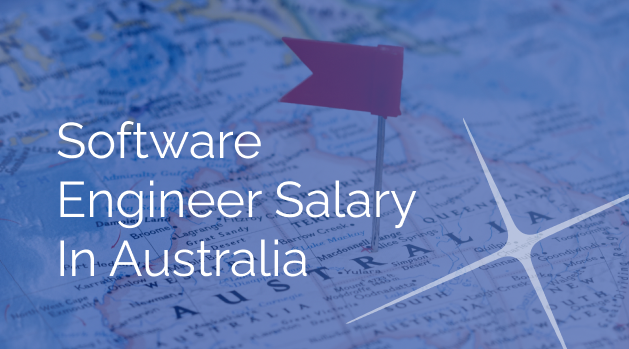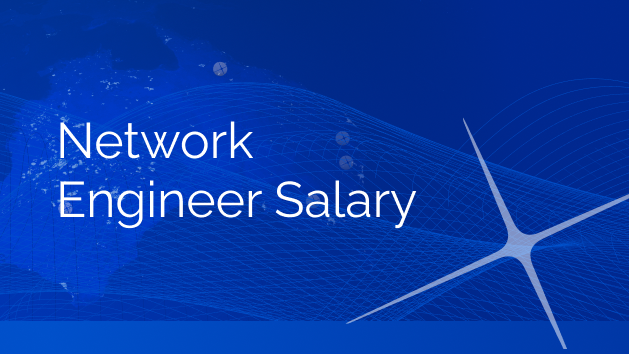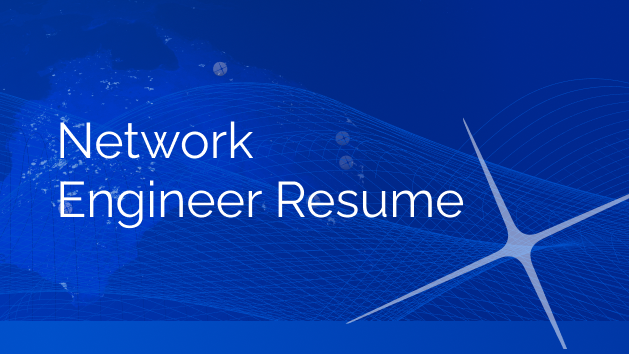The In-Depth Guide to Software Engineer Salary in Australia
Navigating the world of tech salaries can be a daunting task, especially when you're seeking to understand the specific numbers in a region like Australia. Our comprehensive guide seeks to shed light on the software engineer salary in Australia, which remains one of the most sought-after professions in the country. Introduction For those with a knack for coding and system design, software engineering provides a lucrative career path. Australia, with its thriving tech industry, is no exception. But what can software engineers expect to earn Down Under? Here, we break down the average software engineer salary in Australia and the factors affecting it. 1. Average Software Engineer Salary in Australia As of our last update, the average software engineer salary in Australia ranges between AUD $70,000 to AUD $130,000 annually. Entry-level positions might fetch a starting salary of about AUD $60,000, while experienced professionals can command salaries north of AUD $150,000. 2. Factors Influencing Salary Several factors can influence a software engineer's earnings in Australia. These include: Location: Major cities like Sydney, Melbourne, and Brisbane generally offer higher salaries due to the concentration of tech companies and higher living costs. Experience: Naturally, the more experienced you are, the higher your earning potential. Senior software engineers or those with niche skills can expect significantly higher pay. Education: Engineers with master's degrees or special certifications tend to have an edge in salary negotiations. Company Size: Large tech giants may offer a higher software engineer salary in Australia than startups. However, startups might offer benefits like equity or more flexible working conditions. 3. Job Roles and Their Impact on Salaries Within software engineering, different specializations come with different pay scales. Here's a quick rundown: Front-end Developers: Focusing on the user interface, these engineers earn an average of AUD $80,000. Back-end Developers: Managing databases and server logic, their salary might average AUD $90,000. Full-stack Developers: These all-rounders, fluent in both front and back end, can expect around AUD $100,000. DevOps Engineers: Earning upwards of AUD $110,000, they work to integrate development and operations for smoother workflow. 4. Benefits Beyond the Basic Salary While the base software engineer salary in Australia is substantial, many employers offer additional perks: Bonus Payments: Many tech firms offer performance-based bonuses. Equity Options: Especially in startups, shares or equity options can significantly augment your earnings. Professional Development: This includes opportunities for further training or courses. Flexible Working Conditions: With the rise of remote work, many firms are offering greater flexibility. Future Prospects The demand for software engineers in Australia is on a steady incline. With the continuous growth of the tech industry and Australia's aim to become a significant player in the global tech space, software engineer salaries are expected to rise. Comparisons with Other Countries When comparing the software engineer salary in Australia with other countries: U.S.A: The tech hubs in the USA, such as Silicon Valley, offer high salaries, sometimes surpassing those in Australia. However, one must factor in the cost of living and healthcare expenses. U.K.: Salaries in London's tech sector are competitive with Australia, but the overall cost of living can be higher in the British capital. India: While the nominal salary in India might be lower, the cost of living adjustments can make tech roles quite lucrative. The software engineer salary in Australia offers a compelling reason for professionals to consider working in the country. With a combination of competitive pay, a robust tech industry, and a high quality of life, Australia is indeed an attractive destination for software engineers worldwide. In the evolving landscape of global tech, it's essential to remain updated about salary trends and industry demands. Whether you're a recent graduate or an experienced tech veteran, understanding the software engineer salary in Australia will help you make informed decisions about your career trajectory. Frequently Asked Questions (FAQs) about Software Engineer Salary in Australia In the realm of Australian tech salaries, queries about software engineering compensation are abundant. Below, we've collated some of the most frequently asked questions on this topic to provide clarity for those eager to understand the financial landscape. What is the starting salary for a software engineer in Australia? Entry-level software engineers in Australia can expect a starting salary of approximately AUD $60,000, although this can vary based on factors like education, location, and the specific company. How does software engineer salary in Australia compare to the U.S. or U.K.? While tech hubs in the USA, like Silicon Valley, might offer higher nominal salaries, it's essential to factor in costs like living expenses and healthcare. London's tech sector in the U.K. offers competitive rates, but living costs can be higher. Overall, Australia provides a competitive salary combined with a high quality of life. Are there significant salary differences between cities like Sydney, Melbourne, and Brisbane? Yes, location plays a role in salary variations. Cities like Sydney often offer higher salaries due to the concentration of tech companies and higher living costs. However, Melbourne and Brisbane are not far behind and also boast thriving tech ecosystems. Does having a master's degree or certifications significantly increase salary prospects? Answer: While the foundational skills and experience are paramount, having a master's degree or relevant certifications can give software engineers an edge in salary negotiations and job prospects. Is there a difference in salary based on the type of software engineering, such as front-end, back-end, or full-stack? Yes. Front-end developers, who focus on user interface, might earn around AUD $80,000 on average. Back-end developers, handling databases and server logic, might see an average of AUD $90,000. Full-stack developers, proficient in both areas, can expect somewhere around AUD $100,000. What additional benefits can software engineers expect beyond their basic salary in Australia? Many employers offer additional perks like performance-based bonuses, equity options in the company, opportunities for further training or courses, and flexible working conditions, including remote work. Are software engineer salaries in Australia expected to rise in the coming years? Yes, with the consistent growth of the tech industry in Australia and the nation's ambition to be a prominent player in the global tech arena, it's anticipated that software engineer salaries will see an upward trend. How does work experience influence the software engineer salary in Australia? Experience is a significant factor. As software engineers advance in their careers, they can expect substantial salary increments. Senior software engineers or those with niche skills and several years of experience can command salaries exceeding AUD $150,000. This FAQ aims to provide a quick reference for those curious about the software engineering salary landscape in Australia. As the tech industry evolves, it's essential to stay updated, and we hope this guide serves as a valuable starting point. Disclaimer: The salary ranges and data presented in this article are based on average values and can vary depending on individual circumstances and market fluctuations.
Read More




